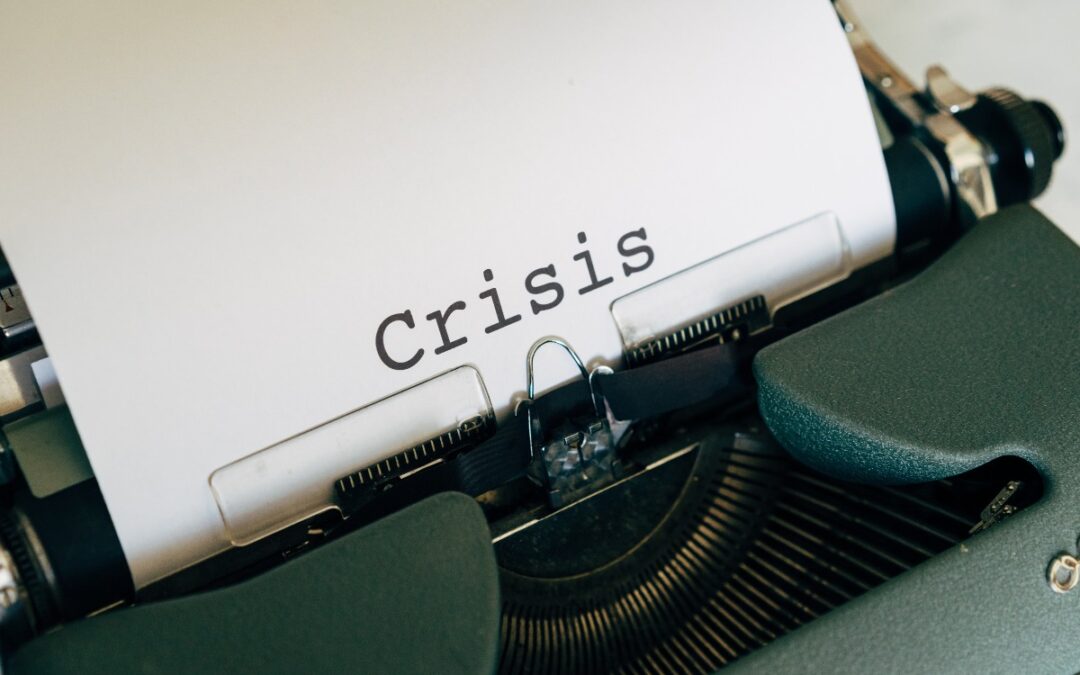Throughout treatment and your recovery journey, there are various plans and paperwork to complete to ensure you maintain sobriety moving forward. If you have developed coping skills and made an exit plan, you may feel that an additional crisis plan is unnecessary.
While it may feel tedious or strenuous while you are creating it, having a crisis plan is essential.
What Is a Crisis Plan?
A crisis plan is an outline of steps to take when a crisis occurs. This can include ways to prepare for a crisis, how to respond when a crisis occurs, and how to move forward after the occurrence.
In recovery, a relapse counts as a crisis. Additionally, other types of crises can put you at higher risk for relapse. Many individuals compare a crisis plan to a relapse prevention plan. While there are many similarities, a crisis plan includes what to do specifically after a crisis rather than solely focusing on preventative methods.
These plans can help you move past the crisis along with your treatment team, friends, and family members. Relapse can take a toll on many individuals outside of yourself. Knowing how to move forward from each perspective can ease the stress of the situation. It can also help you feel motivated to regain your stance in recovery. Creating a crisis plan can open the opportunity for you to communicate your desires for how to move forward from a crisis in a way that you feel comfortable with.
Why Is a Crisis Plan Important?
Crisis plans may seem to be a waste of time. After developing coping skills and life skills in recovery, you may feel that you will never need a crisis plan. The truth is, no matter how confident you feel, there is always a potential for relapse to occur.
When a crisis occurs, it is often unexpected. Having a predetermined plan in place for your actions moving forward can help you get back on track with your recovery immediately. Even years after maintaining sobriety, you can always encounter a situation that can lead to falling back into the cycle of addiction. Utilizing your crisis plan in these moments can help you avoid or break out of this cycle.
Throughout school systems in the United States, there are emergency plans in place in case of a fire or other emergency. While most schools will not ever need to put this plan into action, they still understand the value of having one in place. In fact, executing these plans is commonly practiced multiple times throughout the year to remind students of the procedures. Most individuals agree that these plans are important for all students and faculty. A crisis plan for recovery works in the same way.
Encountering a relapse can be highly stressful. It can be difficult to manage stress in your life while maintaining sobriety. The effects of a crisis can cause many feelings of despair and doubt about your abilities. Having your key skills outlined in a crisis plan can help you cope with these stressors. While overcoming this obstacle may be challenging, having a plan in place allows you to have access to the resources you need to move forward. While you have these abilities within you, the plan can be a clear reminder of what specific skills you have and how best to use them to move forward.
Reviewing Your Crisis Plan
When you leave treatment and begin your newfound life of sobriety, you will likely discuss an exit plan and crisis plan with your assigned case worker or therapist. These plans may be effective for the time being. However, they may need to be altered to your needs in the future.
It is important to review your crisis plan and update it as needed. If you find that a strategy outlined in your crisis plan no longer works for you, you may have to implement a new strategy. Just as you may need to adjust your exit plan, you may need to adjust your crisis plan as well.
Along with keeping your crisis plan updated, reviewing your plan can keep it fresh on your mind. You never know when a moment of crisis is about to occur and when you will need to utilize this plan. Regularly reviewing it and being familiar with the plan in place can allow you to implement the outlined strategies immediately. It also helps you know what to expect and prepare for a crisis before it even occurs.
Being prepared with your plan and feeling comfortable with implementing the outlined strategies can help you prepare for the worst through the remainder of your recovery journey. Even if you never use your crisis plan, having it may lessen your anxiety about future events. When you know you have a plan in place for a crisis, you can relax and be more present in the moment.
Making a crisis plan can seem like an extra task with little purpose toward the end of your treatment. While these feelings are valid, and we hope it never has to be used, there are many benefits to having a crisis plan established. No matter how successful your treatment journey has been, you never know when a moment of crisis will occur, pushing you back into the cycle of addiction again. Establishing a crisis plan will help you prepare for the worst moving forward. It is important to review your recovery plan and feel comfortable implementing it if needed. To learn more about the importance of a crisis plan, reach out to Dream Recovery at (949) 732-1960.


Recent Comments